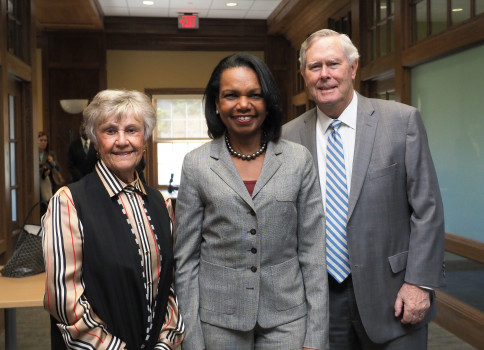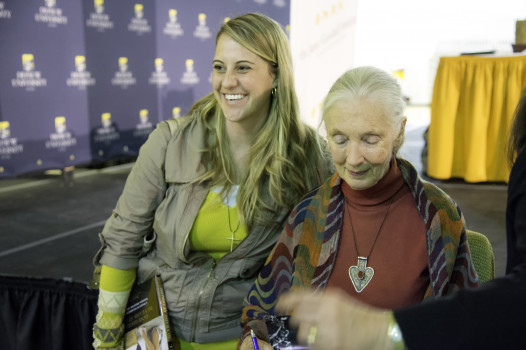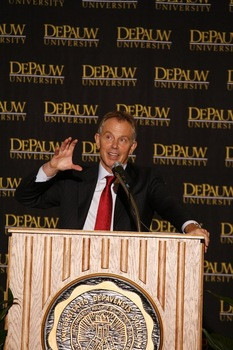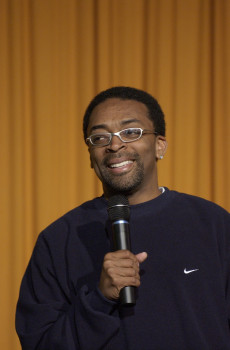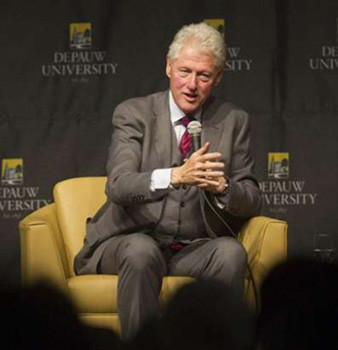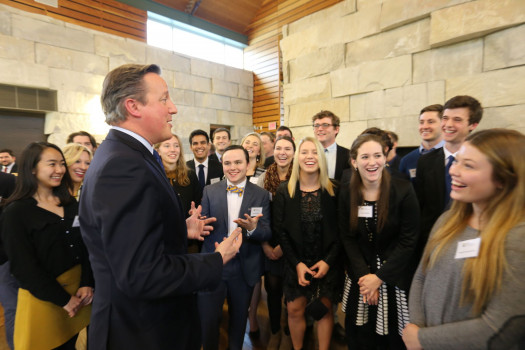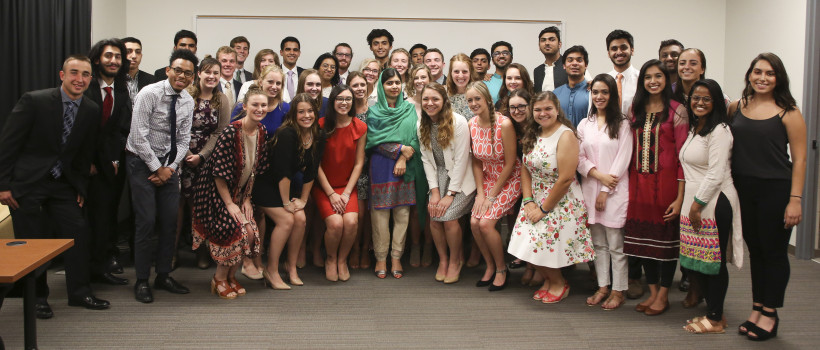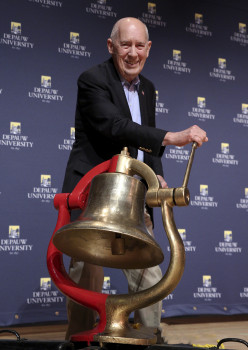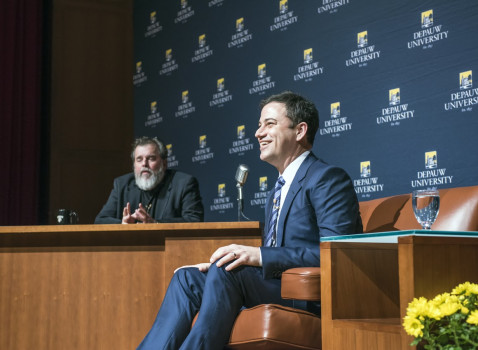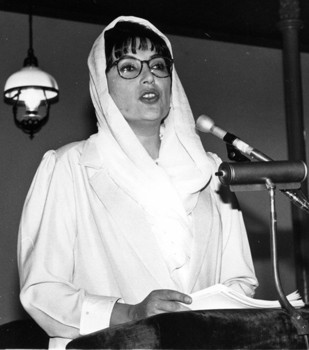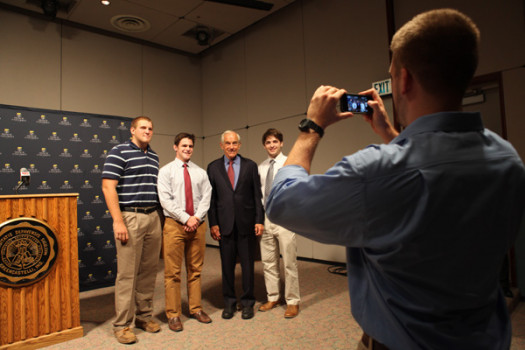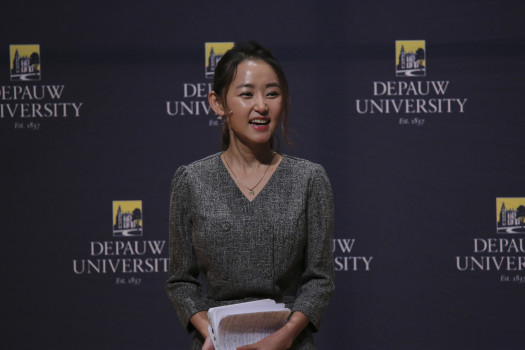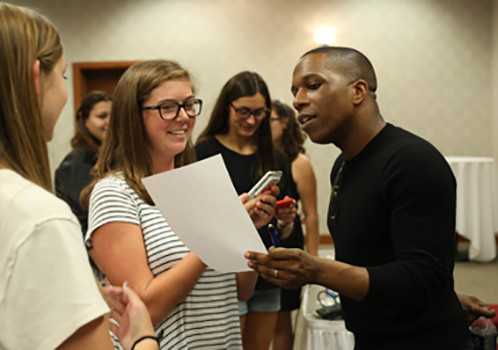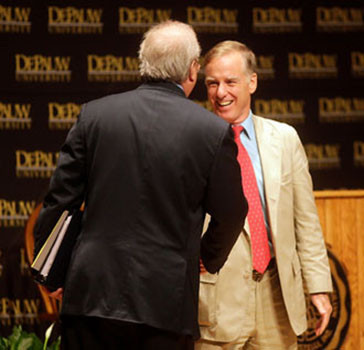The Timothy and Sharon Ubben Lecture Series
The Timothy and Sharon Ubben Lecture Series brings the world's leaders to DePauw's campus.
A notable list of eminent individuals from a variety of backgrounds — including politicians, scientists, journalists, artists and human rights activists — have presented 120 Ubben Lectures since the series began in 1986 through a gift from 1958 graduates Tim and Sharon Ubben. All of the programs are free and open to the public.
Past speakers have included Malala Yousafzai, Bill Clinton, Margaret Thatcher, Jimmy Kimmel, Jane Goodall, Elie Wiesel, David Cameron, Leslie Odom Jr., Tony Blair, Benazir Bhutto, Jesse Jackson, Mikhail Gorbachev, Peyton Manning and Spike Lee.
Recent Speakers
A list of DePauw's most recent Ubben Lecturers is available below, and a roster of all speakers is available in the Ubben Lecture Archives. Most entries include summaries and video links.
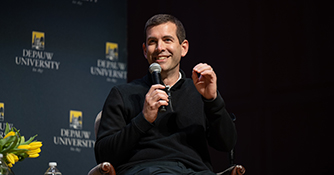
Brad Stevens
President of basketball operations, Boston Celtics
- March 20, 2023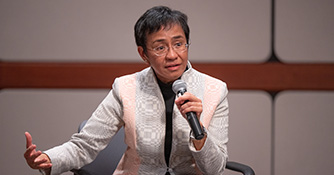
Maria Ressa
Nobel Prize Recipient
- November 02, 2022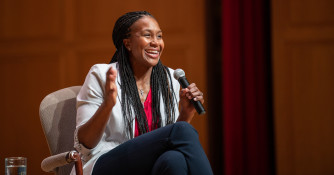
Tamika Catchings
Olympian & Basketball Hall of Famer
- November 22, 2021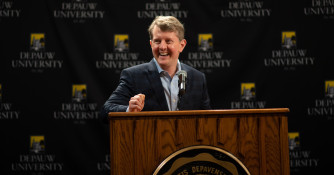
Ken Jennings
Jeopardy! Champion and Author
- February 25, 2020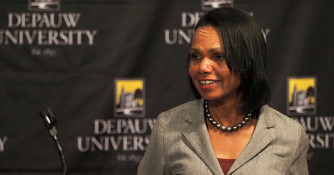
Condoleezza Rice
Educator, Author, Former US Secretary of State
- October 08, 2019
John Kasich Jr.
Former Ohio Governor & Congressman, Author & Presidential Candidate
- January 31, 2019